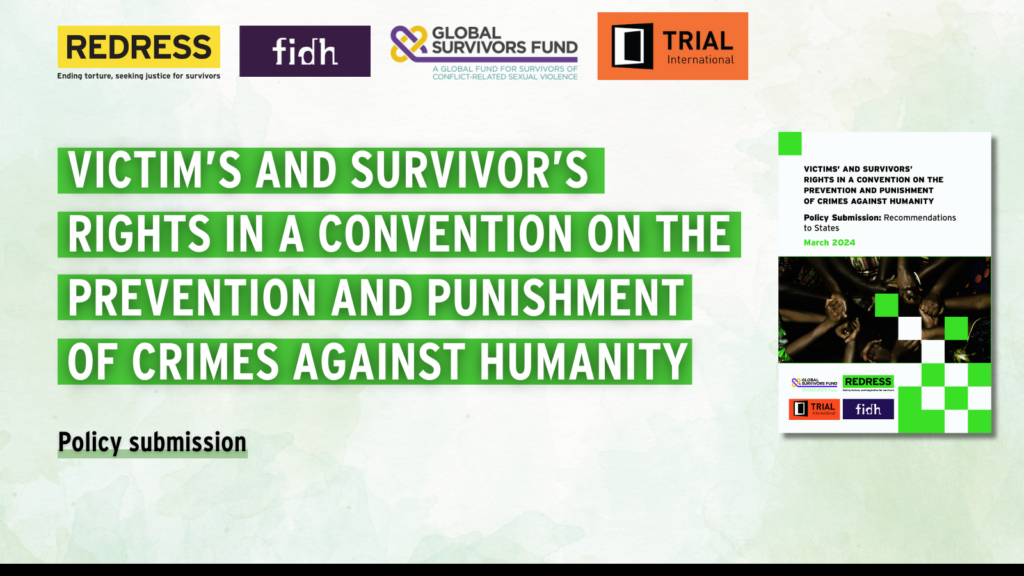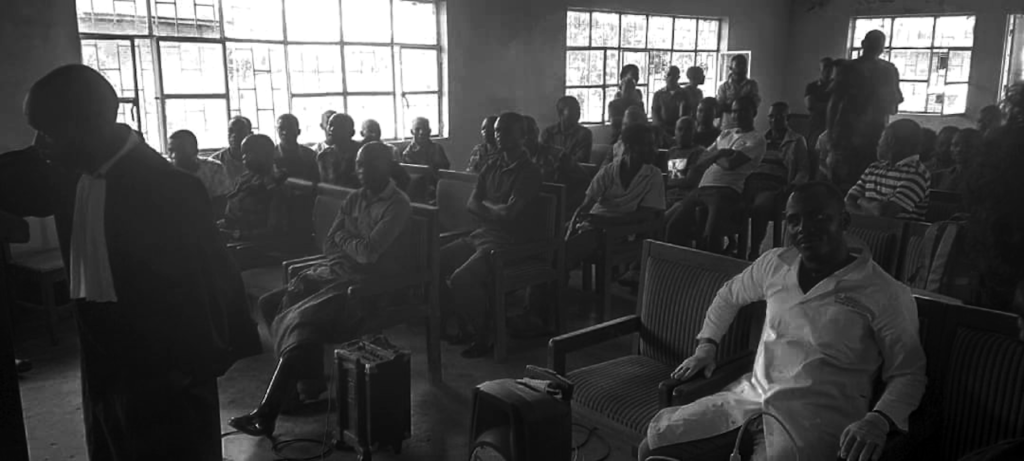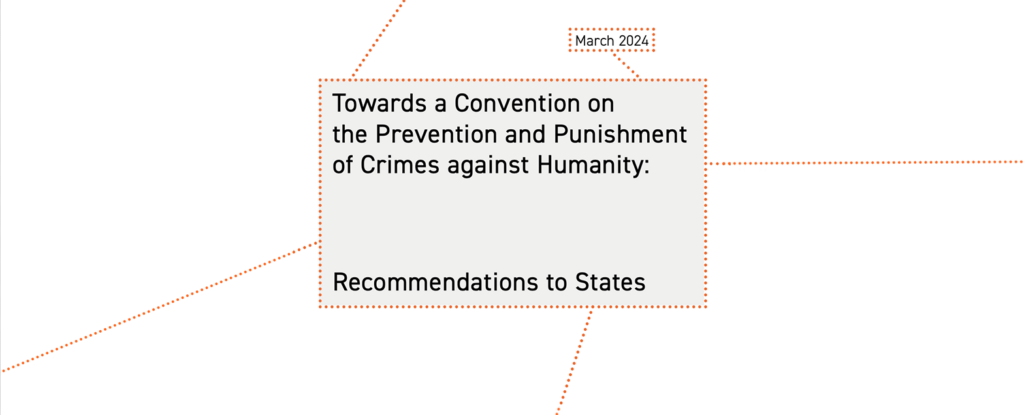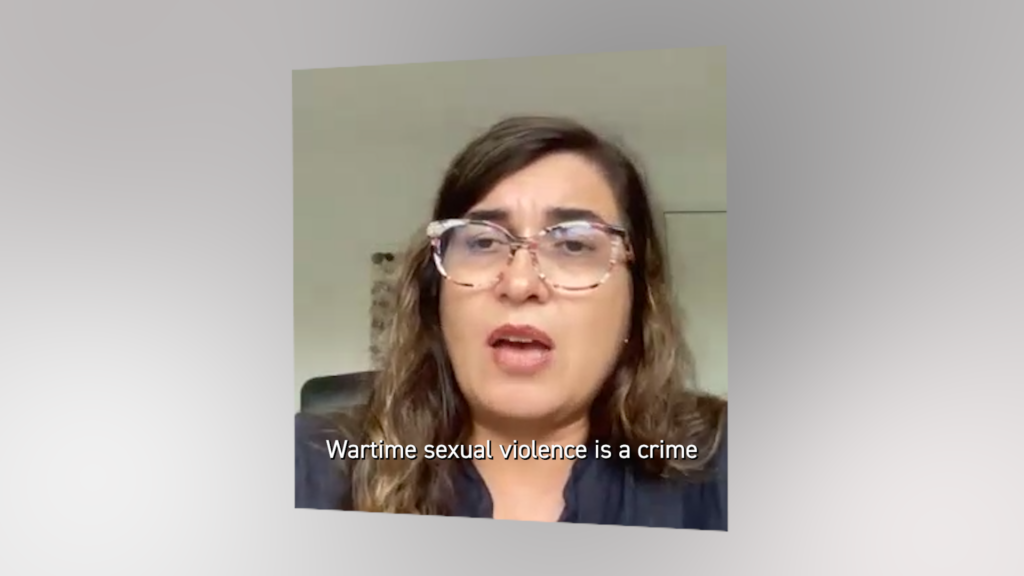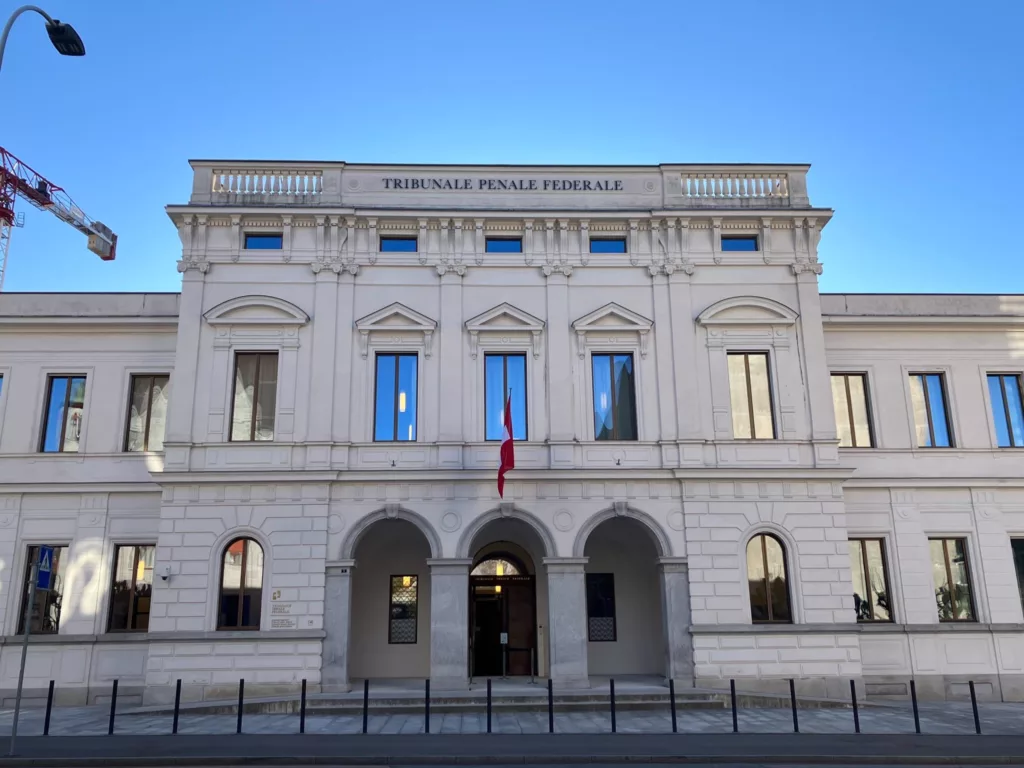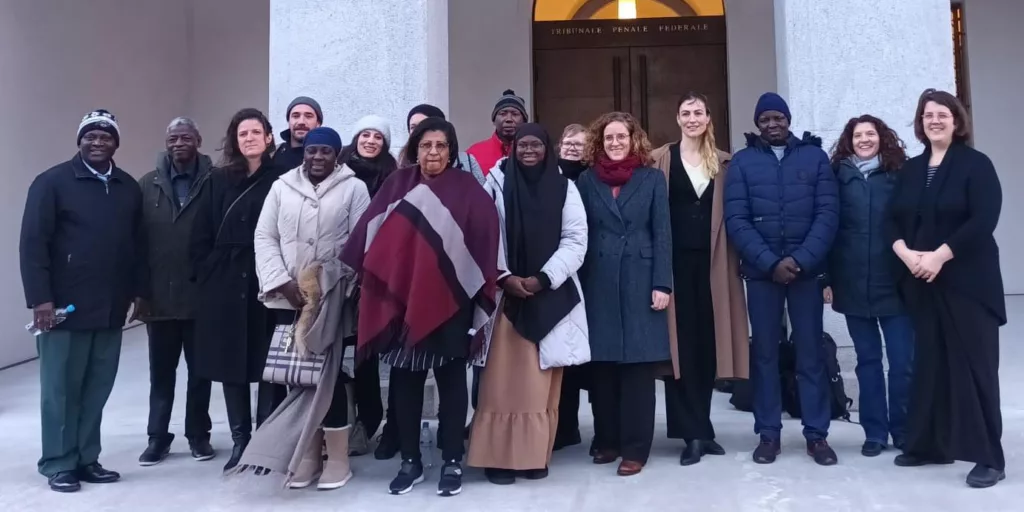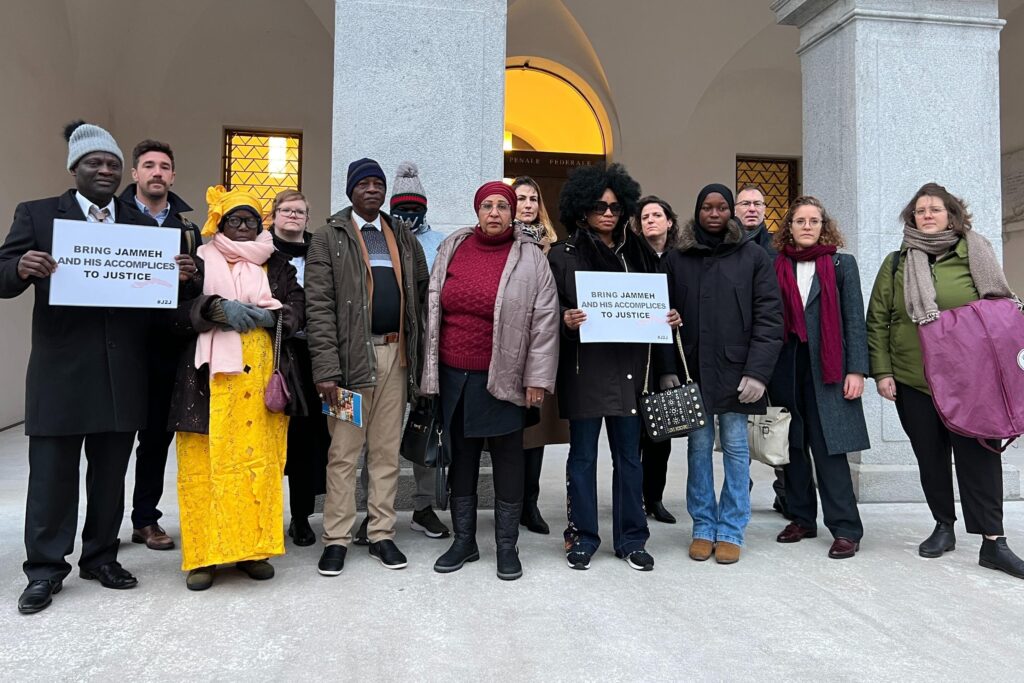Crimes against humanity in Burundi: what now?
The United Nations Commission of Inquiry reckoned that crimes against humanity had been committed in Burundi since 2015. As tension between Bujumbura and the international community reaches its height, two legal experts analyze possible scenarios.
How did the presentation of the Commission of Inquiry on Burundi unfold? How have states and NGOs reacted?
Lambert Nigarura, President of the Burundian Coalition for the ICC: With the exception of four states, all countries and organizations of civil society welcomed the Commission’s work, as well as the courage and determination of its members.
Pamela Capizzi, Head of TRIAL International’s Burundi program: I was pleased that some states condemned Burundi’s withdrawal from the Rome Statute, calling on it to reverse its decision. Most also agreed with the recommendation of the Commission of Inquiry concerning an ICC inquiry.
Indeed, what do you think of the recommendation to the ICC to open an inquiry*?
LN: This recommendation is very relevant. It is proof that the members of the Commission of Inquiry are convinced that crimes within the jurisdiction of the ICC have been committed, that is, the most serious crimes committed on a large scale. It is now up to the ICC, which has the jurisdiction to qualify said crimes, to take action.
PC: I too am also delighted with this recommendation, notably because it is the result of meticulous documentation, as well as a rigorous legal analysis from the Commission of Inquiry.
What are the different possible scenarios at present?
PC: If the ICC opens an investigation before Burundi’s withdrawal on 27 October 2017, the government will be legally obliged to cooperate. But given Bujumbura’s defiance in recent months, the likelihood is that this will do nothing. The other scenario is that the ICC opens an investigation after 27 October. Unfortunately, Burundi would no longer be obliged to cooperate, but at least an investigation would take place, sending out a strong message and establishing the truth.
LN: If the ICC failed to open an inquiry at all, it would be a huge disappointment for the victims and a dangerous precedent for international justice. The Burundian government would have succeeded in defying the international community, the United Nations and all legal mechanisms without any consequence. The Burundian people themselves would feel betrayed and abandoned, fueling the vicious cycle of violence and frustration contributing to the political instability.
PC: That is absolutely true: victims could seek justice through other mechanisms, but the main message would be that the Burundian authorities can act with complete impunity, without having to answer for their crimes. Other countries could then take a leaf out of its book and do the same.
What is the probability that the ICC opens an investigation at present?
PC: The Commission of Inquiry’s report is public, rigorous and well-argued. Its allegations that crimes against humanity have been committed certainly cannot leave the ICC indifferent. However, I would like to point out that the opening of an investigation by the ICC will only be a step towards fighting impunity in Burundi. This action alone will not be able to eradicate the problem, so I hope that an ICC investigation will be just one step in the process of finding lasting solutions to impunity.
The Burundian government recently called on African states to “stand together against the ICC”. Mr. Nigarura, what do you think is the dominant feeling in Africa?
LN: It must be understood that this call has not been echoed. It is true that the African countries do not trust the ICC, but few really plan to avoid its jurisdiction. Civil society, of which I am a member, is aware that Africans are the first victims of these crimes, and that they don’t often have access to independent justice. The ICC remains the only jurisdiction in the world capable of guaranteeing this right.
*The International Criminal Court opened a preliminary examination in 2016 which could lead to an investigation. Learn more

